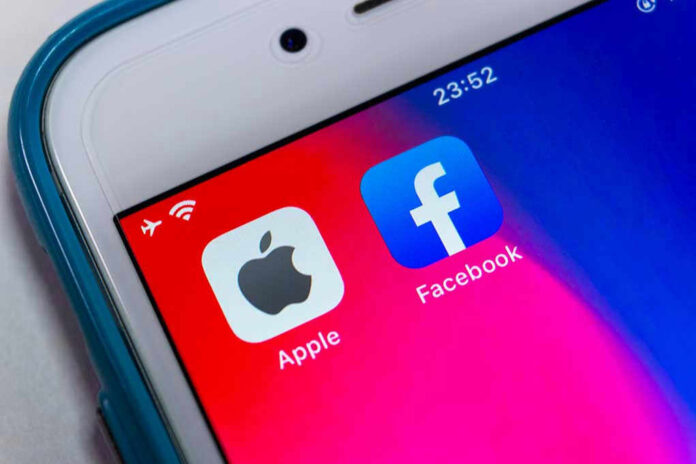The $8 billion question: could Mark Zuckerberg actually be held personally responsible for Facebook’s most notorious privacy blunders, or will this trial just become another cautionary tale on Big Tech’s immunity cloak?
At a Glance
- Meta shareholders are suing Zuckerberg and company leaders for $8 billion over alleged privacy violations tied to a 2012 FTC agreement.
- The trial, which began July 16, 2025, could set a precedent for executive accountability in tech privacy scandals.
- Mark Zuckerberg is expected to testify, with the world watching whether he’ll face real consequences or sidestep blame.
- The outcome could reshape how Silicon Valley’s titans handle user data and answer to both investors and the public.
The Decade-Long Ticking Time Bomb
Picture a tech CEO surfing on a tidal wave of user data, only to discover the water is filled with sharks—lawyers, regulators, and angry shareholders. That’s Mark Zuckerberg’s current reality as he faces a courtroom showdown a decade in the making. It all started in 2012, back when “Gangnam Style” was viral and Facebook promised the FTC it would protect user privacy as if it were grandma’s secret cookie recipe. Fast-forward through years of digital misadventures—most infamously, the Cambridge Analytica fiasco—and Meta’s leadership now stands on trial, accused of treating that privacy promise like a terms-of-service agreement nobody reads. The shareholders’ message is simple: if you break it, you buy it. And at $8 billion, that’s one expensive cookie jar.
With Zuckerberg expected to testify, every answer he gives will be scrutinized—by lawyers wielding subpoenas and by Facebook users who wonder if their “private” messages were ever private at all. The trial is unfolding amid a fever pitch of public distrust in Big Tech, a regulatory environment that’s finally sharpening its teeth, and a parade of Meta executives who might wish they’d read the fine print a little closer in 2012.
Who’s Really on Trial Here?
This is not just Zuckerberg versus a handful of disgruntled shareholders. The courtroom drama features an ensemble cast: the FTC, which wants to be taken seriously after years of slaps on the wrist; Meta’s current and former leaders, some of whom might prefer to be anywhere but under oath; and, of course, the shareholders, who believe that executive missteps have cost them billions in fines and market value. And let’s not forget the millions of Facebook users whose data was allegedly harvested and traded like digital baseball cards. The stakes? If the court rules against Meta, it could blow a hole in the company’s balance sheet and send a shudder through boardrooms across Silicon Valley. But this is also about reputational currency—will Zuckerberg go down as the Teflon CEO, or the first Big Tech leader to get stuck with the bill?
Power dynamics are on full display: Zuckerberg, still the central decision-maker, faces the collective might of both government and his own investors. The FTC lurks as an ever-watchful enforcer, and users—the silent majority—hold the power of public opinion, which can be more damaging than any legal penalty. No matter who wins in court, the spectacle is enough to make any tech mogul sweat through their trademark hoodie.
How the Verdict Could Change Everything
At first glance, this might seem like just another Big Tech slapfight—until you realize what’s truly at stake. If shareholders succeed, it’s a warning shot across the bow of every tech CEO who thought privacy was just a suggestion. Personal accountability for executive decisions in data privacy would become the new norm, not the exception. The ripple effects could include stricter board oversight, more robust privacy compliance, and possibly the end of “move fast and break things” as a business mantra. Meta’s stock price could take a direct hit, and other companies may scramble to audit their own privacy practices before the next courtroom curtain rises.
Beyond the balance sheet, the social and political reverberations are seismic. Lawmakers may smell blood in the water, leading to tougher privacy legislation and an appetite for reining in tech giants. Ordinary users, once resigned to their data being the cost of admission, might demand real safeguards or take their social lives elsewhere. Whether this trial ends in a historic payout, a legal loophole, or a quiet settlement, the world will be watching—and the next chapter in digital privacy could be written right here.
Sources:
Fidelity: Reuters News Article
ABC News: Zuckerberg to Testify











